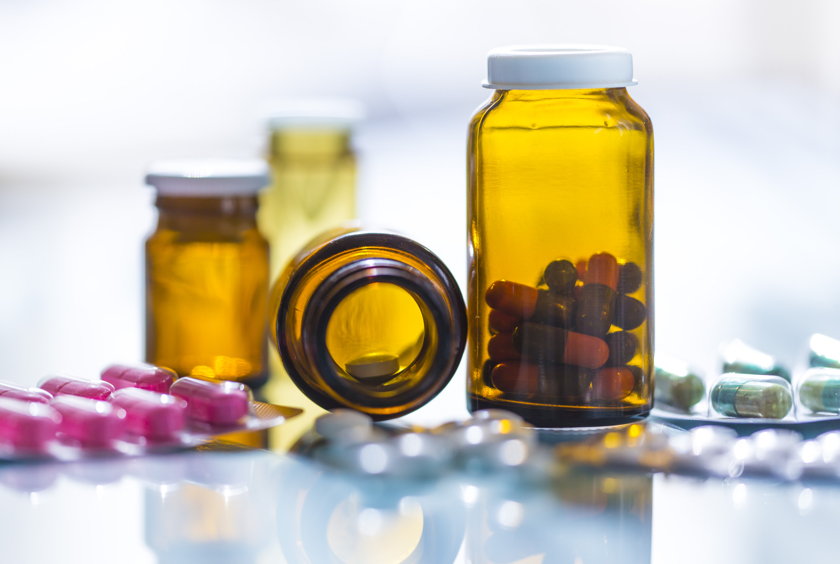Medication Safety 101
/Medication Safety 101
If you’re like 10 percent of people in the United States, you regularly take five or more prescription drugs to manage serious health problems. And that’s not even counting over-the-counter medications you might reach for to alleviate minor aches and pains, indigestion, or allergies. Between the different dosages, side effects and other special instructions for each drug, that’s a lot of information to keep straight.
While you may think you have your daily cocktail under control by using a weekly pill organizer, there’s a lot more you can do to make sure you’re appropriately storing, using, and disposing of the drugs you rely on to stay healthy. To get the most out of your medications and stay safe in the process, brush up on these safety basics.
Know Your Medications
You can never know too much about the medications you take every day. Can you confidently answer the questions below? If you can’t find the information on the drug label or have trouble understanding it, be sure to talk to your doctor or pharmacist.
- How and when do I take this medication? Know whether you should take each of your medications with or without food, and in the morning or evening.
- Is there anything I should avoid while taking this medication? It’s important to know if certain activities, foods or alcohol will interfere with each drug.
- Should I avoid any other medications with this prescription? When two or more medications react with each other it can cause unexpected side effects.
- How should I store this medication? Some medications can be stored in a cabinet at room temperature, but others need to be refrigerated.
- What are the side effects of this medication? Knowing the side effects of each medication will help you determine if and when you need to call your doctor.
- How long will it take for the medication to start working? Getting a rough estimate of when a medicine should kick in will help you know if it’s working.
Medication Dos and Don’ts
Medication Dos
- DO talk to your doctor about all of the prescription and over-the-counter medications you take.
- DO read the label every time you use a medication. Drug labels may change as new information is discovered.
- DO take each medication exactly as it is prescribed or as stated in the “Directions” section of the label.
- DO call your doctor or pharmacist if you have questions about a medication before you start taking it.
Medication Don’ts
- DON’T use medication prescribed for someone else.
- DON’T crush and dissolve pills in water unless your doctor tells you to do so.
- DON’T take medicine that has passed its expiration date.
- DON’T stop taking a drug or change your dosage without talking to your doctor.
Safe Medication Disposal
Before you toss an unused or expired medication in the trash, be sure to mix it with an unpleasant substance. Dirt, kitty litter, or used coffee grounds work perfectly. Then, put the mixture in a sealed plastic bag and throw it away in your household garbage can. This will prevent you or someone else from accidentally taking a medication that is no longer effective or even toxic. If you’re disposing of prescription medication, it’s also important to remove the label and/or scribble out any personal information.
The San Diego County Sheriff’s Lemon Grove Substation also offers a secure drop box to help residents safely and anonymously dispose of unwanted prescription drugs.
We care about your health
At Bella Vista Health Center, we consider it a privilege to help rehabilitate you back to your personal best. If you have any questions or concerns about your medication while in our care, we’ve got you covered. With an internal medical doctor and nurse practitioner on staff 24/7, help is here whenever you need it.
Contact us today for more information or to schedule a personal tour of our 5-star skilled nursing facility.











